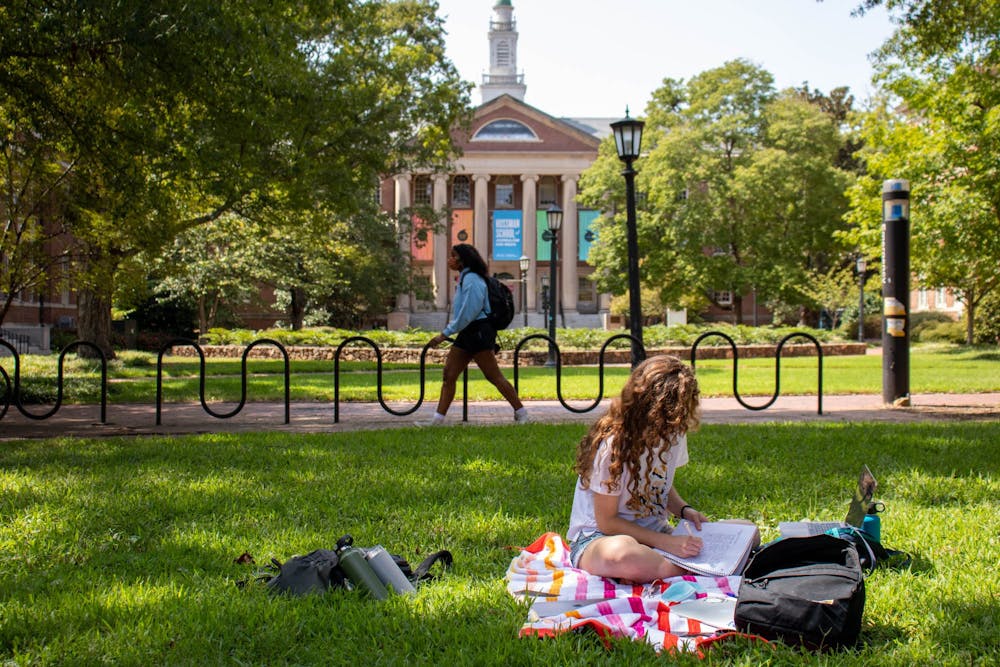The University is taking a new approach to planning for the spring semester — which includes a new Campus and Community Advisory Committee made up of faculty, students and community members — following an unsuccessful return to in-person classes this fall.
Bob Blouin, executive vice chancellor and provost, is leading the spring semester planning process. Three advisory groups will work together and report directly to Chancellor Kevin Guskiewicz regarding a potential return to campus.
“One is very operational oriented, the other is a team of health, medical and public health experts and the third is a group of faculty, staff, students and local county representatives or community members,” Blouin said. “And that's a rather large team of about 25 people.”
Blouin said this new committee is a part of the University’s goal to include voices that were not prominently included in the decision-making process going into the fall semester.
“There are students of color being able to voice their concerns and have a seat at the table, and community members who were excluded from many of the conversations in planning for the fall as well,” Ethan Phillips, one of the student committee members, said. “I am optimistic about new voices being included that will hopefully produce a more equitable and safe plan for the spring semester.”
Aside from redesigning the roadmap planning process, leaders are also approaching the spring semester from a different perspective and with less certainty.
“When we were doing planning for the fall, it was very clear what we were going to be planning for,” Blouin said. “The decision had already been made by the System office and the Board of Governors that all 17 universities were going to do their very best to put their best effort forward to launch a reentry that included a significant component of residential learning and living.”
Blouin said that as they wait for more clarity on whether or not the UNC System will mandate a return — or if a return to in-person instruction is even viable — the University is also learning from how other universities dealt with COVID-19 this fall.
“Many of them are peers, similar in size, public, private, those that have been successful, those that have not been successful in terms of their own attempts to launch a semester,” Blouin said.



